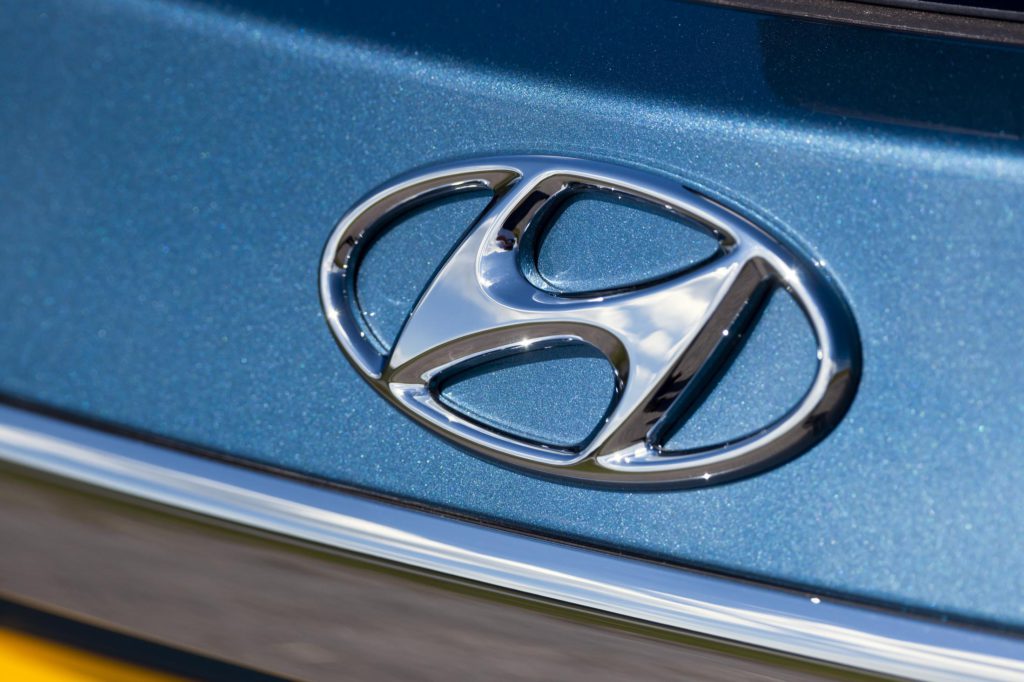Hyundai partners for autonomous and ride-share developments
19 March 2019

19 March 2019
Russian technology company Yandex has partnered with Korea’s Hyundai Motor Group to develop self-driving car technology.
As European and US companies race ahead with autonomous vehicle technology, Russia and Korea are behind in one of the industry’s most important technological battlefields. Many carmakers have teamed up with technology businesses to ensure they stay relevant as software starts to replace machinery.
Much like Alphabet, which started as an online search engine (Google) before moving into the world of technology and autonomous vehicles, Yandex has moved from an online portal into new areas such as e-commerce, smartphones and self-driving vehicles. The new agreement will see the Russian company jointly develop autonomous vehicle control systems with Hyundai Mobis, the carmaker’s components division.
The companies plan to jointly develop control systems for Level 4 and Level 5 autonomous vehicles, combining Yandex’s established self-driving technologies with Hyundai Mobis’ experience in the automotive industry. The agreement also provides that the companies may expand into other areas of cooperation such as developing joint products that integrate technologies including speech, navigation, and mapping among others.
The first stage of this collaboration between Yandex and Hyundai Mobis is set to focus on developing a driverless prototype vehicle based on standard Hyundai or Kia production models. In the future, the companies plan to build a new autonomous driving control system as an out-of-the-box solution intended for car manufacturers, car-sharing services and taxi fleets.
′Our self-driving technologies are unique and have already proven their scalability. Yandex’s self-driving cars have been successfully driving on the streets of Moscow, Tel Aviv and Las Vegas, which means that the fleet can be expanded to drive anywhere. It took us just two years to go from the first basic tests to a full-fledged public robotaxi service. Now, thanks to our agreement with Hyundai Mobis, we will be able to move even faster,’ says Arkady Volozh, CEO of Yandex.
Alphabet has partnered with Jaguar Land Rover for its Waymo autonomous vehicle development and Uber has a supply agreement with Volvo. BMW is working with Intel, Mobileye and Delphi and Fiat Chrysler is part of the same consortium. All of these collaborations are evidence that the automotive landscape is changing with carmakers needing to find technology businesses to push forward with new mobility.
Indian expansion
The announcement came as Hyundai announced it would invest $300 million (€264 million) in the Indian ride-hailing business Ola, helping the company to compete with Uber by expanding into electric vehicles.
The agreement will see the companies extensively collaborate on developing unique fleet and mobility solutions; building India-specific electric vehicles and infrastructure as well as nurturing best-in-class opportunities and offerings for aspiring driver partners with customised vehicles based on the Ola platform.
′India is the centrepiece of Hyundai Motor Group’s strategy to gain leadership in the global mobility market and our partnership with Ola will certainly accelerate our efforts to transform into a Smart Mobility Solutions Provider,’ said Euisun Chung, Executive Vice Chairman of Hyundai Motor Group. ′Hyundai will proactively respond to market changes and persistently innovate to deliver greater value to our customers.’